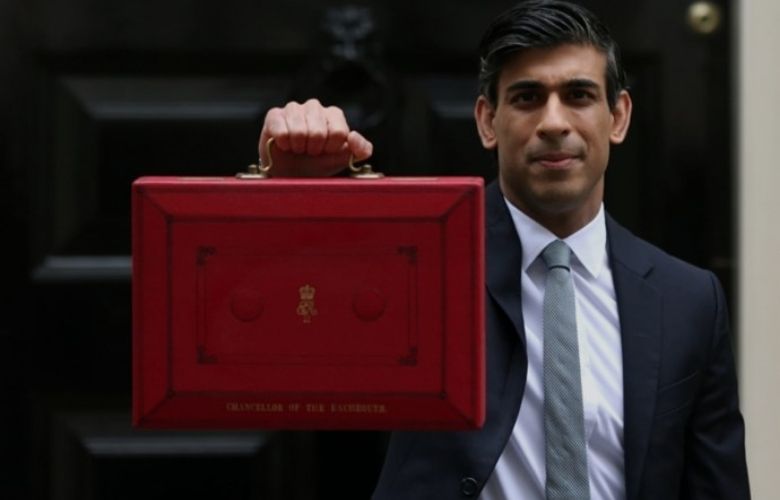
The end of October 2021 has seen the UK government outline their plans for spending over the next three years, which is of great interest to the Arts and entertainment industries that have been severely affected by the pandemic. In terms of recovery plans and what this might look like in practical terms, a number of areas have been highlighted.
Chancellor of the Exchequer, Rishi Sunak announced plans to raise the living wage across the board, as well as specifics to the Arts that have been welcomed. The government has made a strategy to end low pay, which will see the National Living Wage for over-23s increase 6.6% from £8.91 to £9.50 per hour when the budget comes into play in Spring 2022.
One plan that has been very well-received is the extension of the ‘orchestras tax relief’ and the ‘business rate relief’ for theatres and venues, which will no doubt positively impact numerous companies, businesses and freelance workers across live performance and entertainment in recovering from forced closures and furloughs in recent months. Additionally, there will be an increase of tax relief for touring theatre productions, which is moving from 50% to 45%.
Other highlights include the Department for Digital, Culture, Media and Sport (DCMS) that will have an increase of £0.6 billion by 2024-25, and extra funding of £850 million assigned to cultural institutions in England, and there will be more funding for schools in England – this is outlined as £4.7 billion by 2024-25.
While the help Sunak has outlined above is positive and certainly goes some way towards making an impact on recovering from these tough times, there are other areas that many are still concerned about in the UK 2021 budget. The most prominent of these is the increase of taxes, notably National Insurance Contributions which are rising by 1.25%, and the current energy crisis faced nationwide by all across the UK right on the brink of the winter season.
There has also been a negative reaction to the announcement that there will be tax cuts made to champagne, for frequent flyers, and for the nation’s banks. At the same time, the Universal Credit relief has been cut to many people who are in need of it across all industries, and the government will not be reinstating this to its previous rate.
Additionally, the funding for English schools has been criticised for omitting the previous manifesto commitment to a £90 million year Arts Premium for schools – following such extensive cuts to the higher education sector in recent months, this seems quite unlikely to be reinstated. Others are concerned that the education sector has been unbalanced with a heavy focus on solely STEM subjects while arts education has faced a consistent drop in GCSE exam entrants – this number has in fact gone down by 38% in the last ten years.
The Equity union of performers and creative practitioners “called on the UK government to protect the creative workforce and put our industry at the very heart of its Covid-19 recovery strategy”, and submitted their 10 demands calling on the government to:
The full Equity submission is available to view online.
Elsewhere, UK Music Chief Executive Jamie Njoku-Goodwin has urged Chancellor Rishi Sunak and the Government to “strike the right note” by helping drive jobs and growth in the UK’s world-leading music industry. UK Music submitted three key measures which need urgent government action, which are detailed as:
The measures were drawn up by UK Music, the collective voice of the music industry, and its members. The Music Industry Strategic Recovery Plan comes after UK Music published earlier this month its report – This Is Music 2021 – which revealed the devastating impact of the Covid pandemic on the sector that has wiped out one in three music jobs.
They key findings showed that:
Additionally, UK Music explain “the impact of Covid-19 was felt right across the industry in a sector where three-quarters are self-employed or freelance and were not covered by Government financial support schemes”.
Links:
Accessibility At The Smith Center Series: Part One
James “Fitz” FitzSimmons Interview: The Boys In The Band On Netflix


Michelle is a musician and composer from the UK. She has performed across the UK and Europe and is passionate about arts education and opportunities for women and girls.
Read Full Profile© 2021 TheatreArtLife. All rights reserved.

Thank you so much for reading, but you have now reached your free article limit for this month.
Our contributors are currently writing more articles for you to enjoy.
To keep reading, all you have to do is become a subscriber and then you can read unlimited articles anytime.
Your investment will help us continue to ignite connections across the globe in live entertainment and build this community for industry professionals.